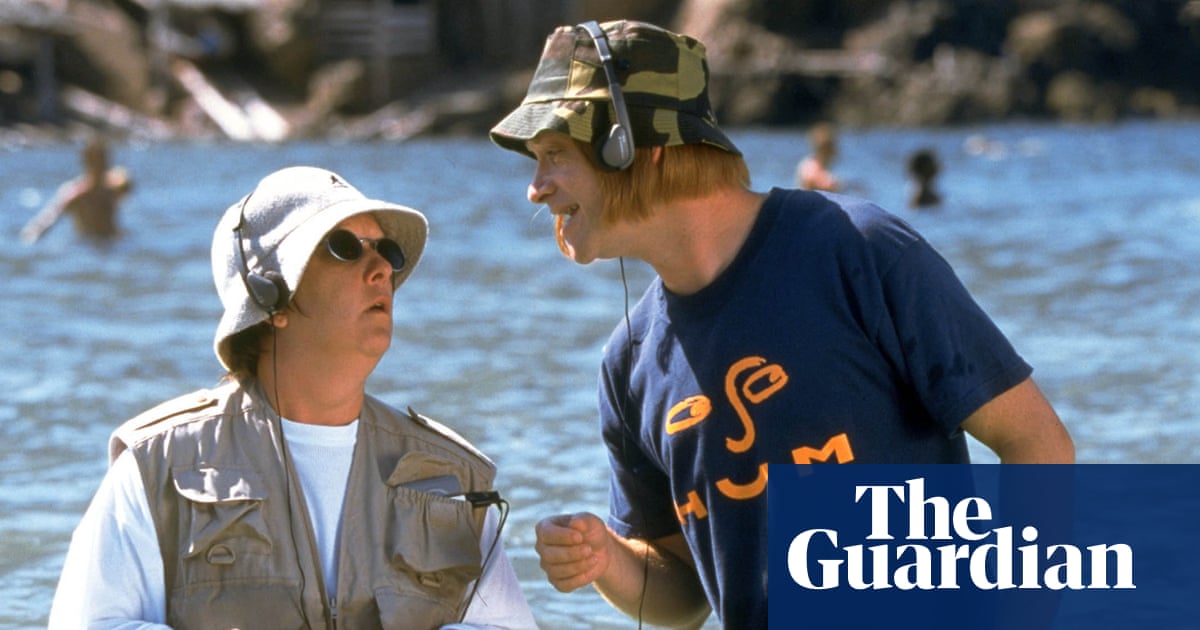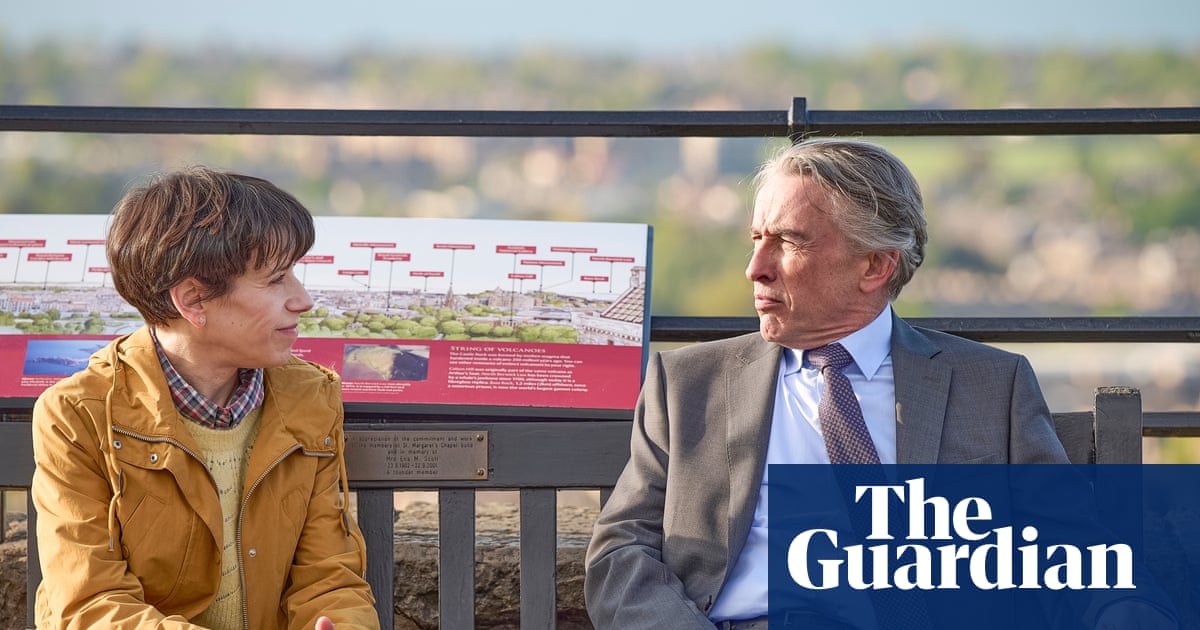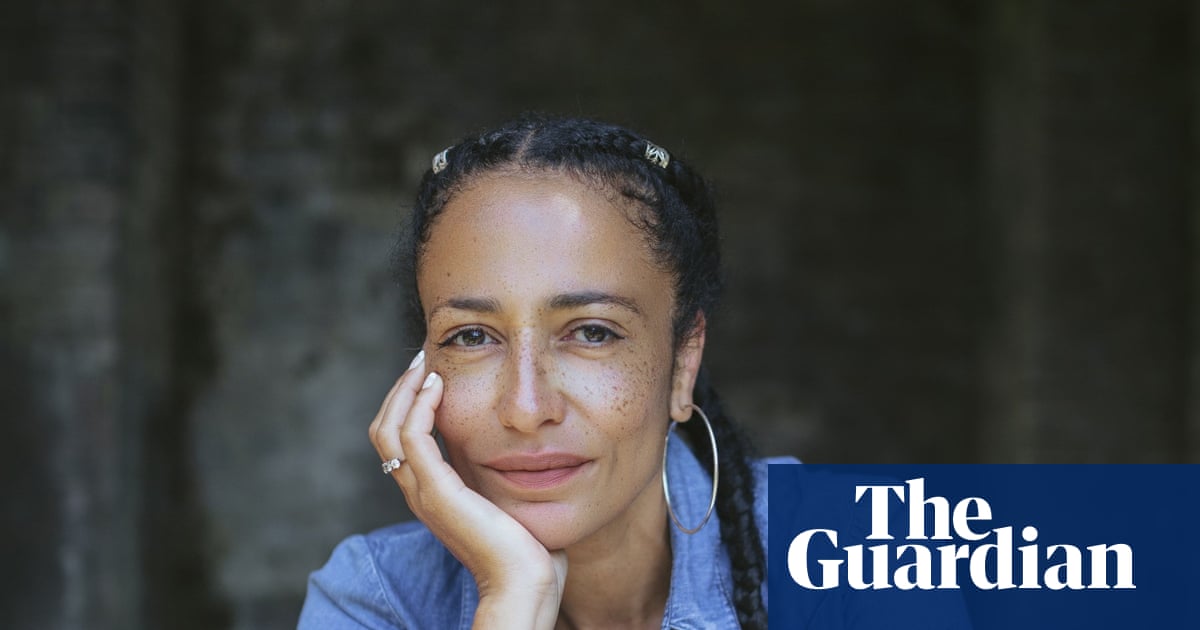It was 6.18pm when the email pinged through. The lasagne smelled decidedly overcooked as I attempted to referee another squabble between my kids. The cat litter needed changing, and my cup of tea sat next to the microwave, stone cold and grey. Still, irresistibly, I was drawn to the screen. I read the subject line: “Quick favour this evening, if you have a sec?” Without thinking I started to reply: “Of course, no probl ...”
I didn’t reach the end of the sentence. The hyper-sensitive smoke alarm started blaring. I grabbed a towel and swatted at the ceiling; by the time the house fell silent, I had forgotten about the email.
The next morning – kids at school, cat litter changed, hot coffee in hand – I remembered, and read it again. The urgency had passed. This request had a deadline, and I had missed it. “Sorry I couldn’t help,” I typed, flushed with guilt. The reply? “Don’t worry – I knew it was last minute!” I breathed. I didn’t say yes – and the world kept turning.
It was the start of a new habit: to stop saying yes on the spot. To pause and think about whether I really want to first. I’ve been conditioned to say yes without stopping to question it since I was a child. The echoes of my formative years reverberate in my brain: be kind, be agreeable, don’t be selfish.
I have spent decades dismantling these unhelpful narratives and, more recently, as a therapist, helping others do that too. I have made progress. But this – the automatic yes – and with it the internal fight to turn down a request, to acknowledge when my plate is full, to give myself permission to say no … it felt like a hurdle that was too high to jump.
But what if I don’t have to say no upfront – what if it’s enough to pause before I respond? That’s what I tried, and the results changed my life. Now, since that night a few years ago, whenever someone asks me to do something – a work enquiry, the PTA asking for help, a favour from a friend – I tell them: “Let me check and get back to you.”
And then I leave it – for anything from 10 minutes to two days. It gives me space to pause and ask: do I want to do this? Do I have the capacity? Is this yes out of willingness, or guilt?
It’s a simple habit, but that doesn’t mean it’s easy. The reflex to help, fix or please is strong. There are moments I catch myself drafting a reply before I’ve even registered the question. But it’s like strengthening a muscle I’ve never worked out before: it gets easier with time, practice and repetition.
Since I started pausing, I still say yes often. But in line with what I actually want, rather than what I think I should do. It’s not a loud change, but it’s one that’s giving me more time, energy and autonomy. And at the end of the day, those things are worth more than other people’s approval.

 3 months ago
48
3 months ago
48

















































